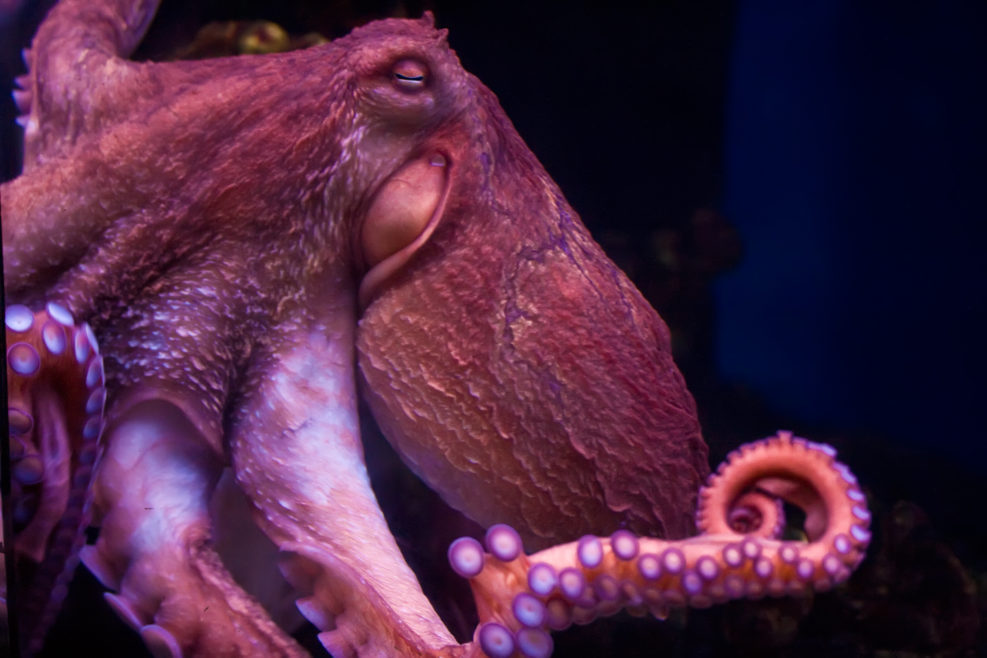
TagJonathan Birch


Is Depression an Altered Global State of Consciousness?
Cecily Whiteley and Jonathan Birch from the London School of Economics and Political Science argue that altered consciousness prevents depressed people from just "seeing the bright side"PhD student Cecily Whiteley and philosophy prof Jonathan Birch, both of the London School of Economics and Political Science, think that depression is often misunderstood. In this 2021 article, noted again at Psyche, they point out that it is not just “feeling low”; it is an altered form of consciousness: The psychologist Andrew Solomon hints at some of these transformations in his memoir The Noonday Demon (2001): “When you are depressed, the past and future are absorbed entirely by the present moment, as in the world of a three-year-old. You cannot remember a time when you felt better, at least not clearly; and you certainly cannot imagine a future time when you will feel better. Being upset, even profoundly upset, Read More ›

British Government Moves To Protect Octopuses From Cruelty
The move to protect cephalopods and crabs/lobsters follows from research showing their intelligence and awareness of painFollowing a report from the London School of Economics and Political Science, the British government has decided to extend animal protection laws to include “cephalopods (including octopuses, squid and cuttlefish) and decapods (including crabs, lobsters and crayfish).” No, this is not just another nut moment along the lines of “Salad is plant murder!” There’s a background: Researchers have discovered in recent decades that some invertebrates, especially those with complex central nervous systems, are much more intelligent and capable of experiencing pain (sentient) than we used to think. As George Dvorsky explains at Gizmodo, the British government introduced the Animal Welfare (Sentience) Bill in May. The bill defined sentient animals as animals with backbones (vertebrates). However, scientists have known for some Read More ›